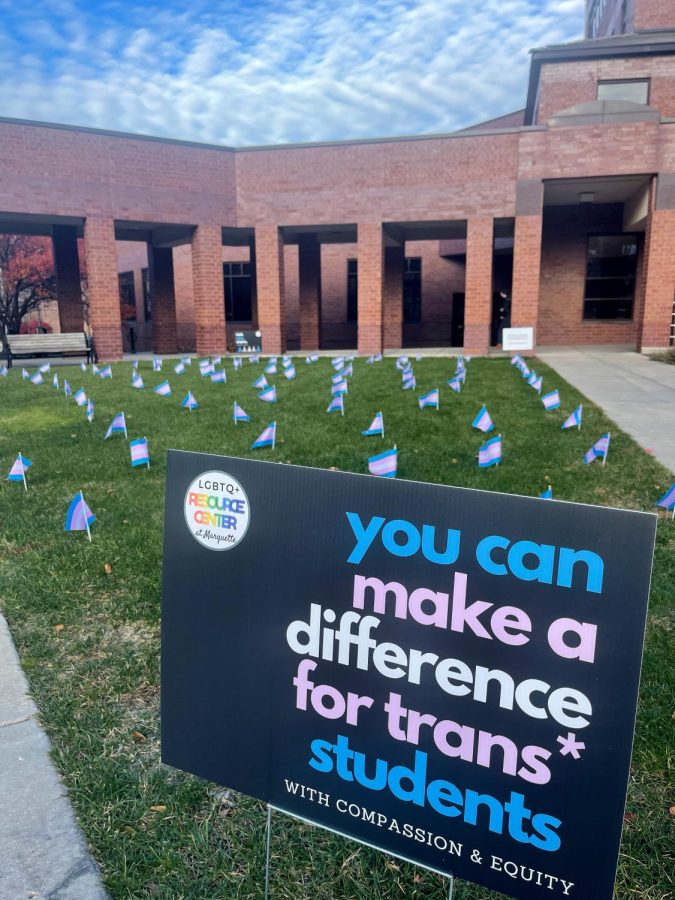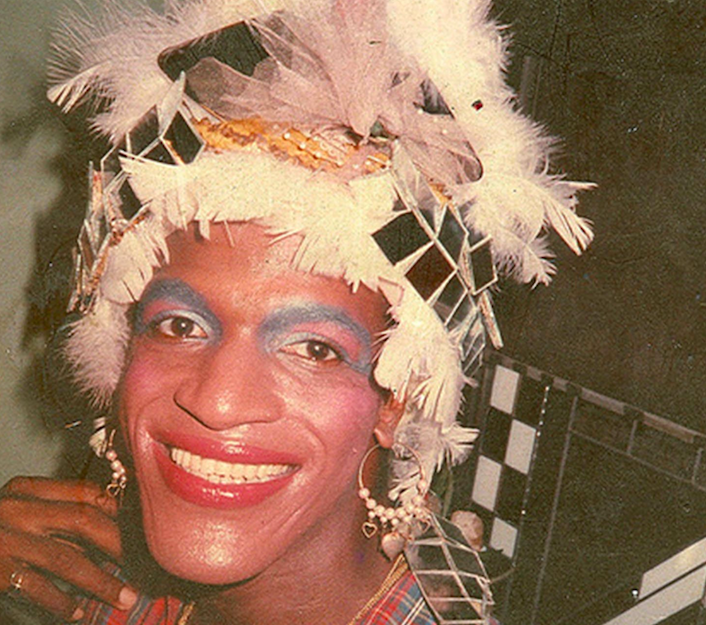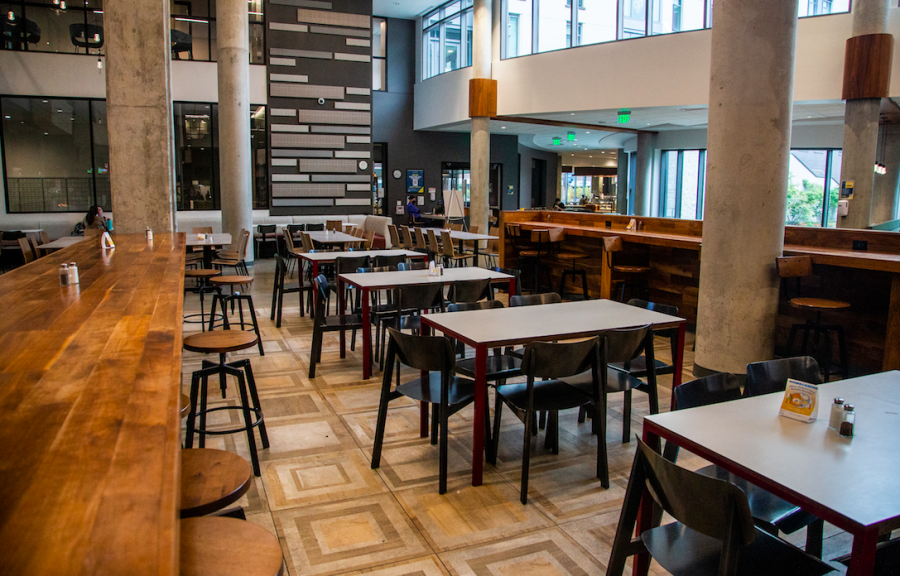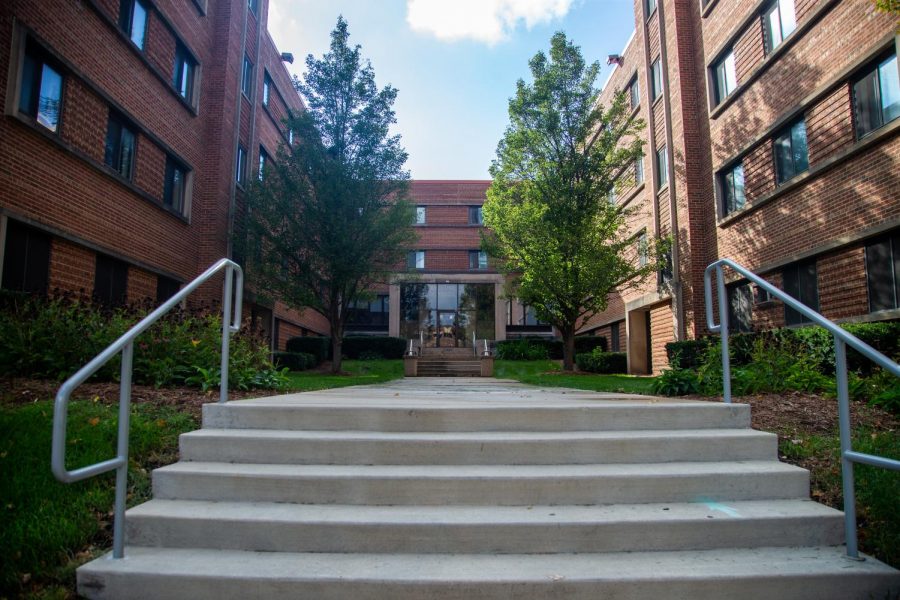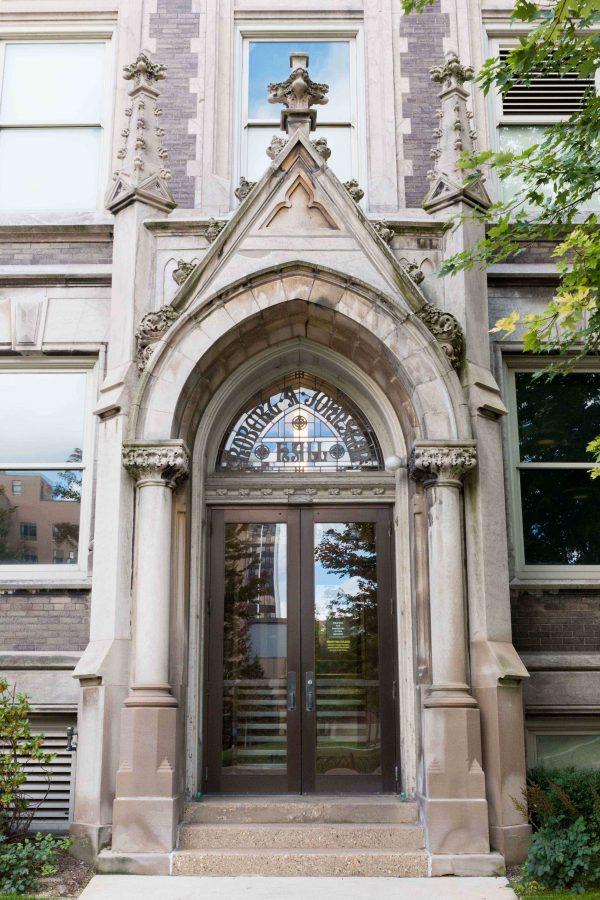In an education system that has seemed to make strides to become more inclusive, sometimes gender identity is left in the dust. As we become more evolved students and members of society, we must remember to make space for the wellness and prosperity of people of all genders. Students no longer need to be addressed as simply “men and women of the world” – because, although traditional, it is naive to sort all people into these two categories when gender identity stretches far beyond them.
When it comes to the conversation surrounding gender, it seems like a lot of the world continues to have wool over their eyes. There are notable differences between sex, gender and gender identity. The term “sex” refers to the biological status that a person is assigned at birth due to their external anatomy. “Gender” is often recognized as the socially constructed norms and expectations surrounding various sexes. And, “gender identity” is a person’s sense of gender whether that be as a man, woman or otherwise.
The medical center at Marquette University is divided into two sectors – men’s healthcare and women’s healthcare. The center provides specialized services for each division including pap smears and pregnancy testing for women on campus. However, it fails to recognize individuals who are not cis-gender.
Not having a more holistic approach to the health services at Marquette inherently excludes individuals who are transgender or non-binary. To close our eyes, minds and clinics to people who are not cisgender is to do the LGBTQ+ community a disservice and risk their health and wellness as a result.
As progress continues on the new business building at Marquette, the question of whether or not all-gender bathrooms will be included has been raised. The new $60 million, 100,000-square-foot building is said to include a collaborative classroom, lab spaces, study spaces, event spaces, a cafe and faculty offices. But, will it include more accessibility for transgender or non-binary students?
This raises the question of who has a seat and who is left out of the “room where it happens.”
As decisions are being made regarding innovations and improvements to Marquette’s campus, it is important that people of all identities and walks of life are being represented. Without people of different genders being a part of important conversations encompassing the direction of projects on campus, those decisions are fragmented.
Being students at a Jesuit university, it is likely that many at Marquette have heard the commonly used tagline “becoming men and women for others.” Although on the surface this phrase may sound simple, understandable and even encouraging, it explicitly leaves out students of other genders.
Marquette must make a conscious effort to be more inclusive of students who transgender and nonbinary so that they too feel they have a place at the university. Even what may seem like small changes such as updating university taglines and referring to students in non-gendered terms can make a significant difference.
There are a few notable resources on campus available for students with various genders.
Located in the AMU, the LGBTQ+ Resource Center at Marquette welcomes students of all sexualities and genders to seek out support. The center describes itself as a “welcoming and inclusive space, open to all, and seeks to provide an atmosphere of great dialogue, engagement and compassion.”
The center’s website features a specific section for gender identities.
The “Queer Closet” is also a part of the center. This closet provides Marquette students with access to free gender-affirming clothes and accessories. Spaces like this help not only affirm but also inspire students to feel that they can be their authentic selves.
There are also student organizations that provide students of all genders with a safe place and sense of community. This includes the Gender Sexuality Alliance. The alliance aims to provide support and understanding for students of minority genders and sexualities so that they feel welcomed and empowered on campus.
Marquette and its student body must ensure that they are actively supporting the queer community in all aspects. Students who attend this university need to feel not only accepted but appreciated by their peers, educators and school faculty.
Editorial topics by the Marquette Wire are decided at weekly meetings between members of the executive board. The editorial is crafted with leadership by the executive opinions editor. The executive board consists of the executive director of the Wire, managing editor of the Marquette Tribune, managing editor of the Marquette Journal, general manager of MUTV, general manager of MUR and ten additional top editors across the organization.


